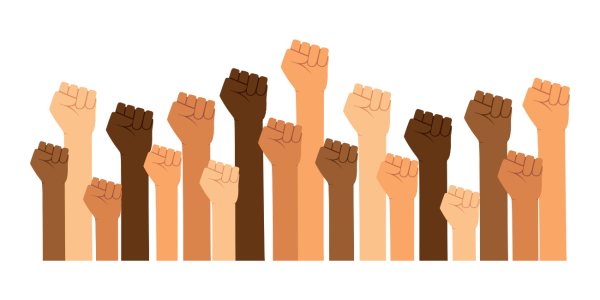As we continue to navigate discussions around diversity and inclusion in higher education, it is clear that there is a pressing need for a more thorough examination of Black history within academic settings. While many institutions have made strides in recent years to address issues of racial bias and inequality, there is still much work to be done in terms of integrating Black history into the curriculum in a meaningful and comprehensive way.
One key aspect of this effort is to move beyond the typical focus on a few key figures, events, and movements in Black history, such as Martin Luther King Jr., Rosa Parks, and the Civil Rights Movement. While these figures and events are undoubtedly important, they represent only a small fraction of the rich and diverse history of Black people in America and around the world.
In order to truly understand the experiences of Black people, students and scholars alike need to engage with a more holistic view of Black history that encompasses a wide range of perspectives and voices. This includes exploring the contributions of Black women, LGBTQ+ individuals, immigrants, and other marginalized groups within the Black community. It also means delving into the history of Black resistance, organizing, and cultural production that has been instrumental in shaping American society.
Furthermore, it is crucial to consider how history is not only about the past, but also about the ways in which it continues to impact the present. By incorporating discussions of systemic racism, social justice movements, and contemporary issues facing Black communities, higher education can help students make connections between past and present struggles for equality and justice.
In addition to curriculum changes, it is also important for institutions to prioritize the recruitment and retention of Black faculty and staff, as well as supporting Black students through mentorship, resources, and programming that centers their experiences and needs. Creating a more inclusive and supportive environment for Black scholars and students is essential for fostering a sense of belonging and empowerment within higher education.
Ultimately, the inclusion of Black history in higher education is not just about meeting a quota or checking off a box – it is about recognizing the integral role that Black people have played in shaping our world and our understanding of it. By embracing a more comprehensive and nuanced view of Black history, higher education can contribute to a more just and equitable society for all.



